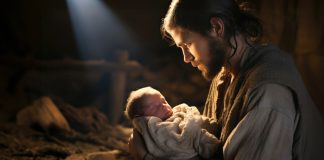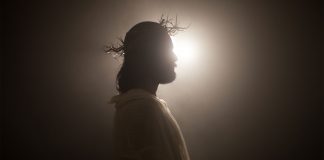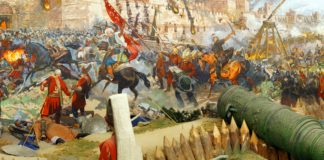Bogdan Andrei
Becoming the father of the Son of God
In the history of salvation, few people have received a more unsettling calling than Joseph of Nazareth. After overcoming his initial hesitation, he made a series of decisions born of obedience. He remains a model of mature faith and authentic manhood.
The Akathist: Who do we stand up for?
According to Google’s online search trends, the most popular religious topic among Romanian internet users in 2019 was prayer. [1]
I wish I had known that there was a divine plan for me
At the age of 20, I graduated from the Orthodox Theological Seminary. I thought I was talented, I was confident, and I had a very clear idea of the path I wanted to take in life. I had all the answers. Or perhaps I hadn't asked myself enough questions.
Jesus, a better hope
The veneration of saints is a very old tradition in Christianity. Many Christians cannot imagine their religion without appealing to saints for guidance, protection, healing and intercession. Less concerned with theological correctness, people seek the company of saints out of loneliness, hardship, sickness, fear, guilt, or disappointment.
Fighting over the West: Orthodoxy, Protestant Reformation, and Catholicism
At the beginning of the 15th century, the threat of the Ottoman Empire to Eastern Europe was a painful certainty. The last Byzantines, aware of the ensuing disaster, called on Western aid, seeking political union with the Roman Catholic Church.
How I came to believe
I was a pagan as a child. Not by choice, but as a consequence of lacking any access to the Word of God. In the 1980s Romania, catechizing an Orthodox child (whose parents were members of the Communist Party) was a highly unlikely event Pavlik Morozov’s myth, the hero-child that denounced his own father, generated caution.
The origins of the doctrine of incarnation
Jesus of Nazareth feels, thinks, desires, and acts identically with the eternal Logos, but under the conditions, with the possibilities, and within the limitations of the earthly life that He has fully assumed, with all humility and responsibility.
God also has a mother’s heart
Some Christians venerate the Virgin Mary, multiplying her attributes and exaggerating her qualities to the point of deification. Other Christians go to the opposite extreme and trivialise Mary's personality and contribution, barely recognising her basic qualities.
An unexpected return, the premise for missing the meeting with Christ
How important is the second coming of Jesus Christ in traditional Christianity?




















